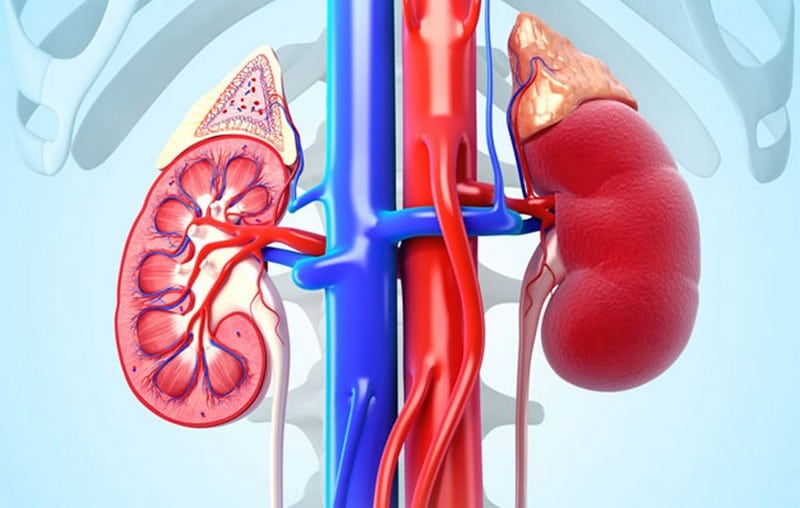Glomerulonephritis

Glomerulonephritis, or Bright’s disease, is the inflammation of the glomeruli. They are the structures in the kidneys that make up many tiny blood vessels. These knots essentially aid in filtering our blood while removing any excess fluids. If the glomeruli are damaged in any way, the kidneys may stop working as they should, leading to the eventual failure of these organs. Also referred to as nephritis, glomerulonephritis is a life-threatening disease that needs immediate treatment. The condition can be long-term, chronic, sudden, or acute and is diagnosed primarily through urinalysis.
Blood and immunology testing, CT scans, chest x-rays, and intravenous pyelogram can also help confirm the condition’s diagnosis. A few of the most common symptoms associated with glomerulonephritis may include face puffiness, infrequent urination, fluid in the lungs, elevated blood pressure, vomiting and nausea, itchy and dry skin, and dark urine due to blood’s presence. Similar to the previously mentioned conditions, treatments can vary, from blood pressure medication and receptor blockers for angiotensin to plasmapheresis.










